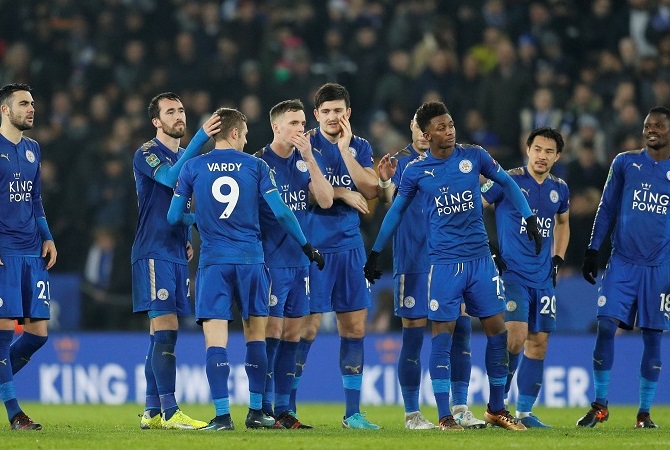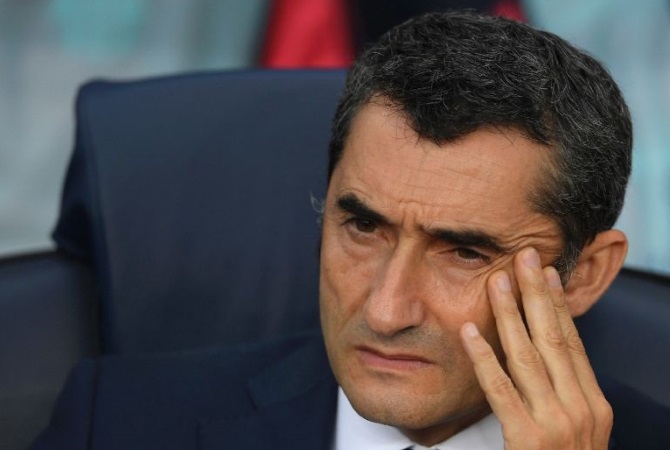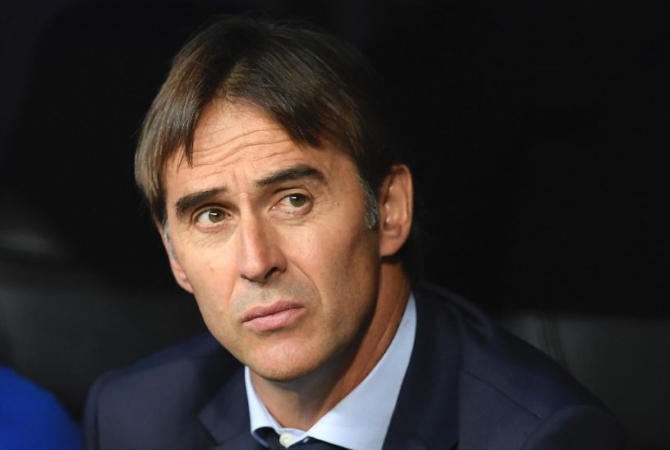Can Leicester City Survive The Vichai Post-Traumatic Disorder?

By Joshua Walters
Vichai Srivaddhanaprabha’s death, and how it happened, has dealt Leicester City a huge psychological blow and put them on a crossroad; and the world is looking at how the club would react.
It started as a normal match-day at the King Power Stadium where club owner and financier, Vichai, was in attendance as his club faced West Ham.
The game ended 1-1 to mark Leicester City's 6th time of dropping points while it moved them to 12th on the Premier League log with 13 points.

Vichai's helicopter, painted in the club’s blue and white colors, would, as usual, land at the centre-circle, after the game when the pitch is cleared, to pick the businessman whose investment and directorship has transformed the club from a modest one to a Premier League winner and a middle-table side.
That day’s trip, unfortunately, turned out to be his last as the aircraft crashed at a car park behind the stands, and killed all five people on-board, including the pilot, his female co-pilot, Vichai’s personal assistant and a lady friend.
Vichai had led a consortium to buy the modest Leicester City in August 2010, became the president six months later, and led the team to, against all odds, win the 2015/16 Premier League.
That, including their quarter-final, finish in their maiden Champions League appearance, lifted the image of the group, and placed key players like Nkolo Kante, Riyad Mahrez, Danny Drinkwater, Jimmy Vardy, Harry Maguire, and goalkeeper, Kasper Schmeichel, on the radar of some top clubs in Europe.

Nkolo Kante went to Chelsea that same year, but Vichai convinced Drinkwater and Mahrez to stay on for one and two more years before they left for Chelsea and Manchester City respectively.
Real Madrid showed interest in Vardy but Vichai warded them off the star player, and the latest club to suffer a similar fate was Manchester United, whose bid for Maguire in the summer was turned down.
Vichai has changed Leicester City from a relegation-prone side to a shocking Premier League champion, who do not need to sell key players to survive.
But, disaster has struck and the embodiment of the club is no more. The worse is that, their benefactor died at their home grounds and at a site where their eyes can never avoid.
Claude Puel’s side is, already, not doing well this season and needs to improve to avoid dropping further. But, there is a huge doubt if they can do it, considering the psychological trauma they face now.
Leicester City have lost the face that brought them to where they are now and the person because of whom some of the key players decided to remain at the club.

The post-traumatic disorder for a football in a disaster like this can be enormous, and it gets worse when the incident occurs at a spot where the team plays.
The players will no longer feel the motivating presence of the Thai bussinesman at the King Power Stadium, and the atmosphere will no longer witness the picking of same from inside the centre-circle by the helicopter.
The Leicester City team bus would pull over near the spot where the crash occurred, during every home game, for the players to alight and file into the dressing room.
They, by instincts, cannot help but steal glances at the spot where their beloved President crashed with his helicopter and burned beyond salvage; and the world awaits to see if the emotional feelings it come with would influence them to play above themselves or will discourage them to perform like the ordinary Leicestershire-based club that it used to be.

















